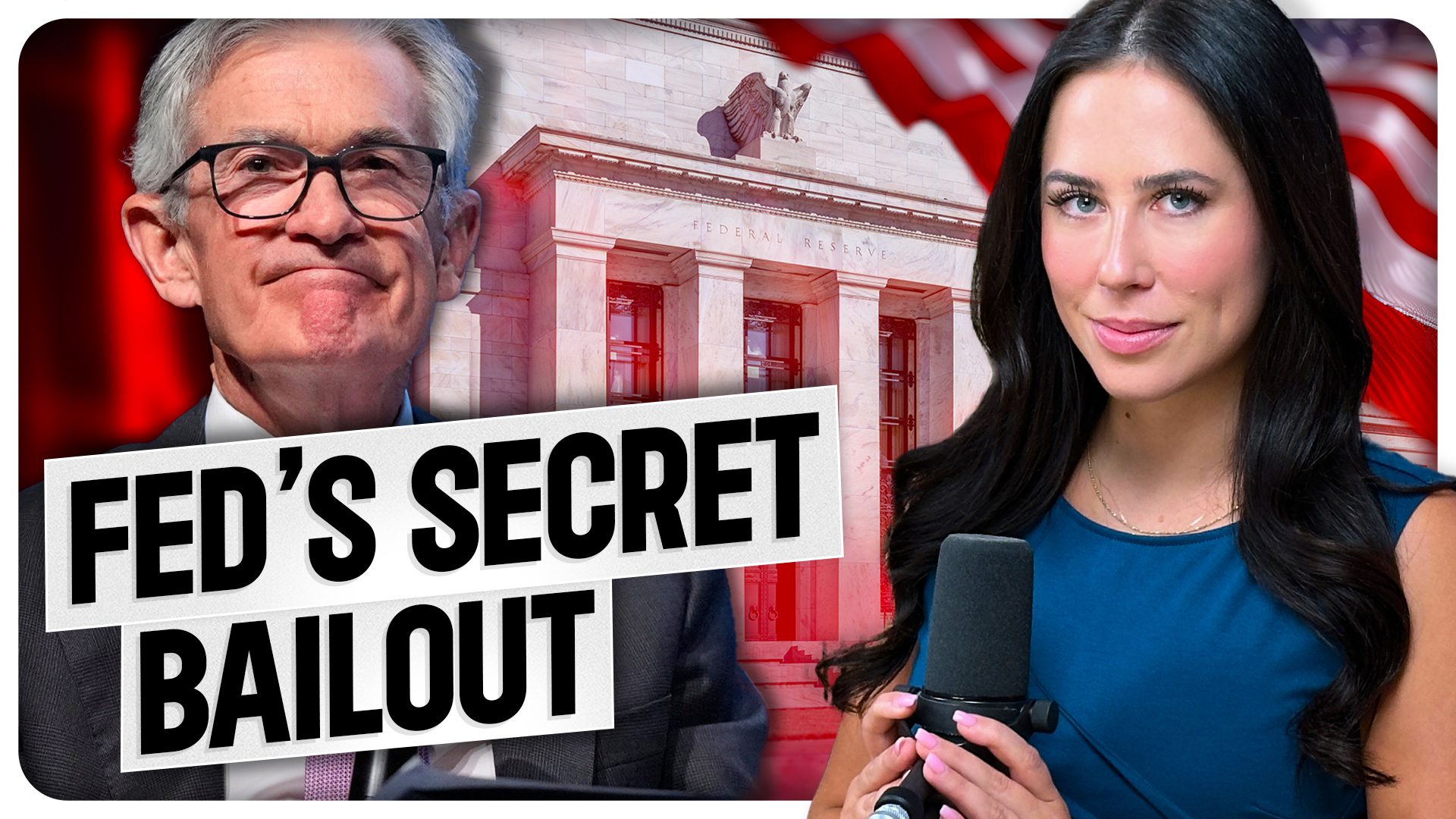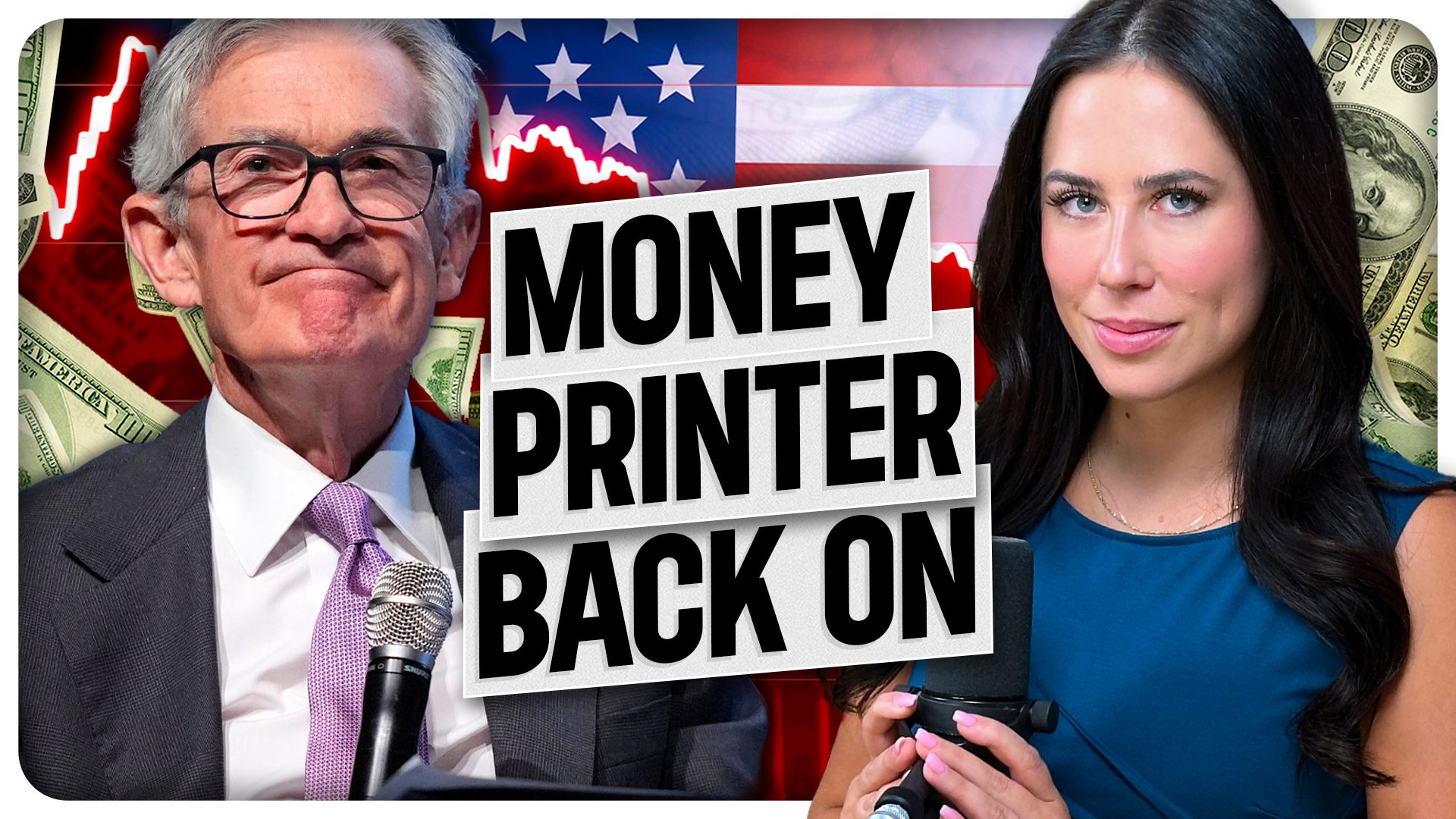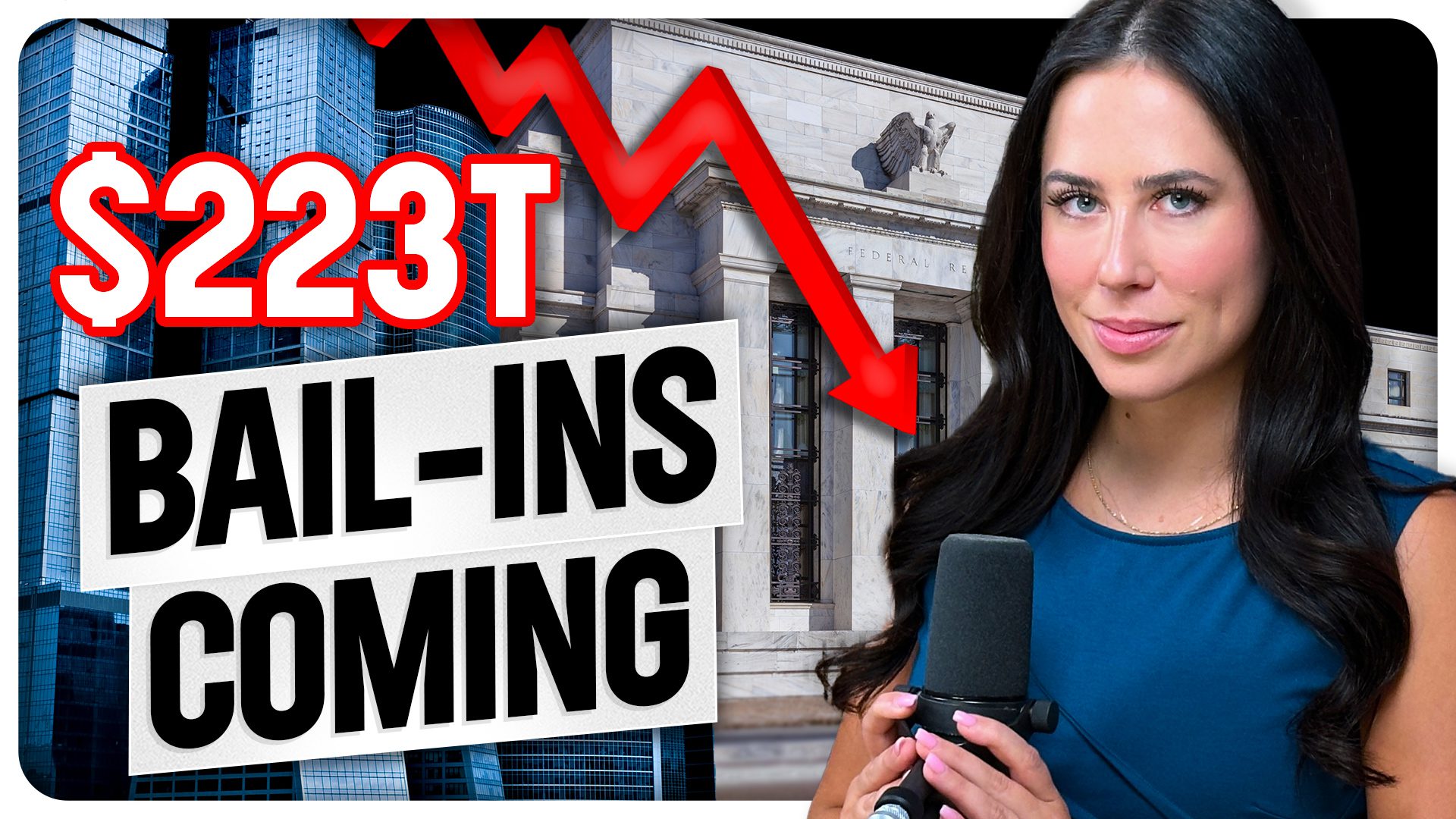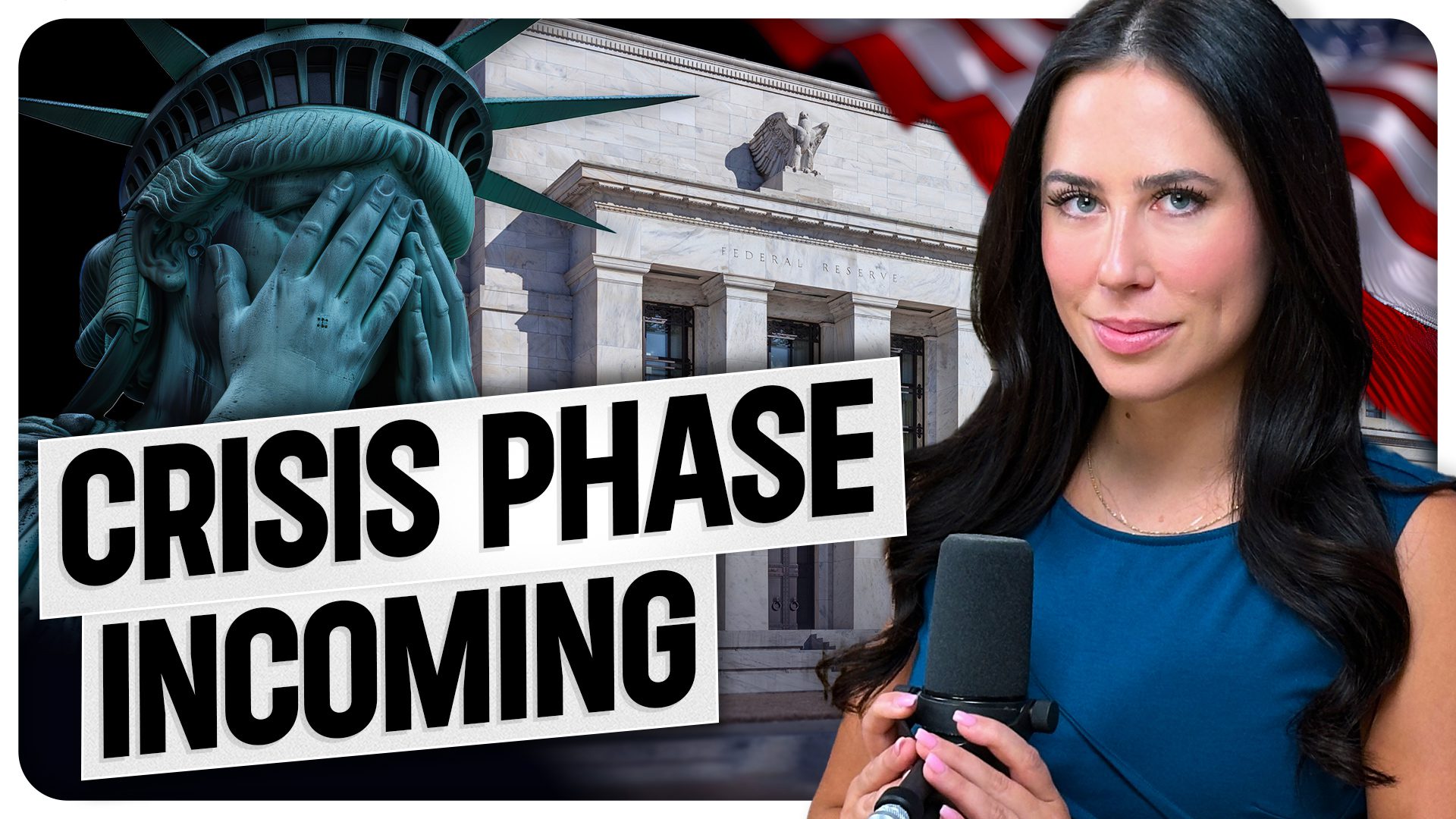War on Cash Investigation: The Stadium
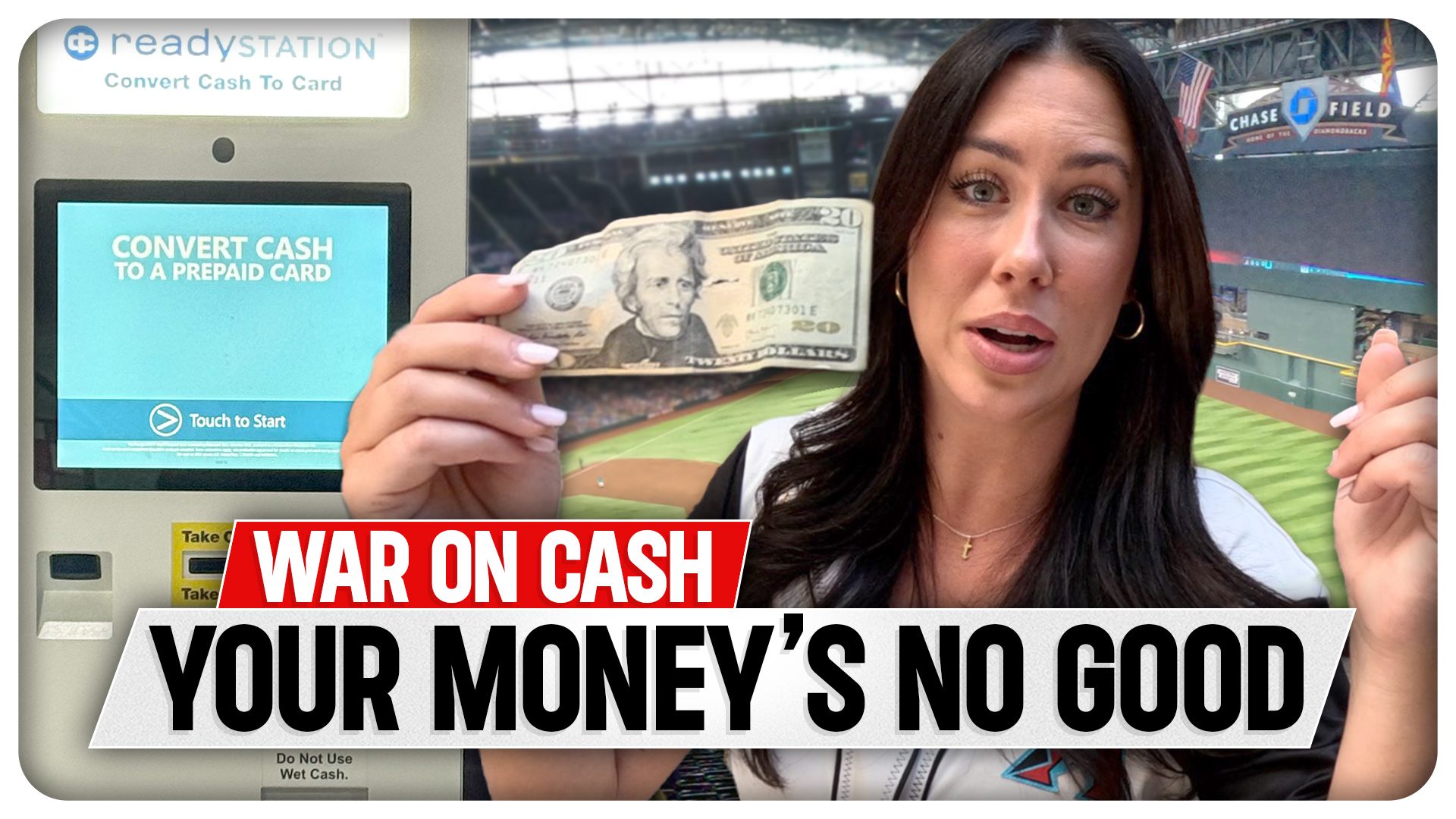
We went inside a major baseball stadium only carrying cash…and what we uncovered is just the beginning of a much larger shift. This boots-on-the-ground report will show you what happens when you try using “legal tender” in a cashless venue.
The Setup: Testing Legal Tender in Real Life
I recently returned to Chase Field with my producer Edgar after noticing something peculiar during a previous visit: employees proudly wearing pins that read, “we are cashless” That phrase stuck with me. This wasn’t just about convenience. It felt like a cultural shift. So we decided to dig deeper.
We asked a basic question: Can I still use cash at a stadium in America? The answer, we discovered, was more complicated—and more alarming—than we imagined.
A Not-So-Warm Welcome for Cash
From the moment we tried to buy a bottle of water, the message was clear: your money’s no good here. Staff members confirmed repeatedly that Chase Field is a fully cashless venue. They cited post-COVID convenience and safety as the main reasons. No more armored trucks, no more physical cash—just cards, apps, and digital payments.
It didn’t matter that U.S. currency is supposed to be legal tender for all debts, public and private. When we asked about this, we were met with shrugs. “It’s just how things are now,” we were told. Apparently, it’s legal for private venues to refuse cash, even if that cash is backed by the full faith and credit of the United States government.
Enter the Reverse ATM
But what if you only have cash? You’re directed to something called a Reverse ATM—a machine that converts your paper money into a preloaded debit card.
We tried it. The process was simple but unsettling. You feed in your bills, and out comes a Visa card you can use inside or outside the stadium. At first, this seemed like a fair workaround—until we read the fine print.
The card had an expiration date of one year. Even more concerning, after 92 days of inactivity, a $3.95 monthly fee kicks in. So much for the promise of “no fees.”
Control Disguised as Convenience
While the stadium staff framed the policy as a matter of safety and efficiency, the reality points to a broader trend: the war on cash. When cash becomes inconvenient—or outright unusable—people are pushed further into trackable, programmable, and centralized digital systems.
A cashless venue isn’t just a quirky policy—it’s a small part of a much larger agenda. And it’s accelerating fast.
If physical money can be rejected at a ballpark, what happens when more retailers, municipalities, or even entire countries follow suit? What happens when you can no longer transact privately or independently?
Cash: Flawed but Still Critical
Let’s be clear—cash isn’t perfect. It doesn’t protect against inflation, and it’s not a long-term store of value. But it is one of the last tools that allows individuals to transact without oversight, fees, or digital footprints.
As more venues become cashless, the move toward Central Bank Digital Currencies (CBDCs) feels less like a future scenario and more like today’s reality. These programmable currencies could one day restrict what you buy, where you spend, and how much you can withdraw. If you think that sounds extreme, consider this: the card we received at the stadium already had those limitations built in.
What This Means for You
The rise of cashless venues is more than a trend—it’s a red flag. And it should make all of us pause. If our legal tender can be declined in public spaces, it raises serious questions about financial freedom in the digital age.
For financially conservative Americans—especially those nearing or in retirement—this is not just about convenience or modernization. It’s about preserving the right to control your own money, in your own hands.
Protecting Your Wealth in a Digital World
At ITM Trading, we believe in tangible, time-tested assets like gold and silver because they exist outside the digital matrix. They aren’t subject to expiration dates, inactivity fees, or government programming. They are private, portable, and proven to retain value across centuries of financial upheaval.
The war on cash is here. The question is, how will you respond?
My trip to Chase Field wasn’t just about baseball—it was about uncovering the hidden costs of convenience. As cash becomes harder to use, your financial independence becomes easier to lose. Don’t wait for the system to change. Take proactive steps now to protect your wealth and your freedom.
